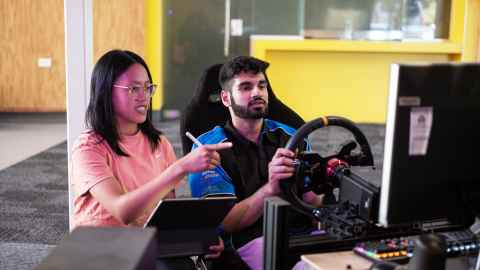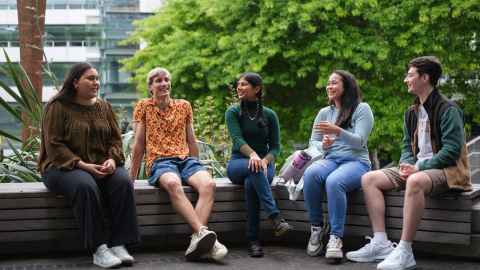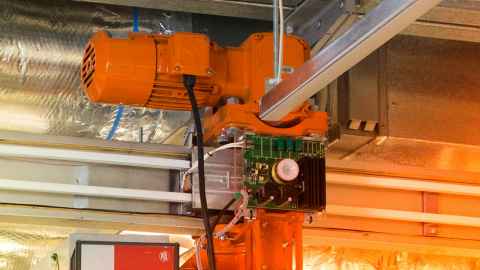
Find out what you can discover through our annual series of Engineering and Design Info Evenings.
Learn more

Our accredited undergraduate engineering degree will equip you well for a career in the global workplace.
Discover more
Our undergraduate Architectural Studies degree will equip you well for a career in the global workplace.
Find out more
Our undergraduate Design degree will equip you well for a career in the global workplace.
Find out more
Our undergraduate Urban Planning degree will equip you well for a career in the global workplace.
Find out more
Our publications and digital content contain overviews of information on our study options and specialisations.
Learn more
Get in-depth stories and see what it's like to study at NZ's leading faculty for engineering, architecture, urban planning and design.
Read their stories
We've answered some common questions about what it's like to study here at the Faculty of Engineering and Design.
Read more
We have a variety of undergraduate scholarships available, including the Kick Start awards for first-year students.
Find out more